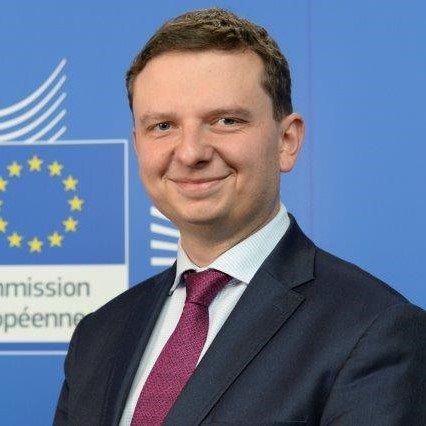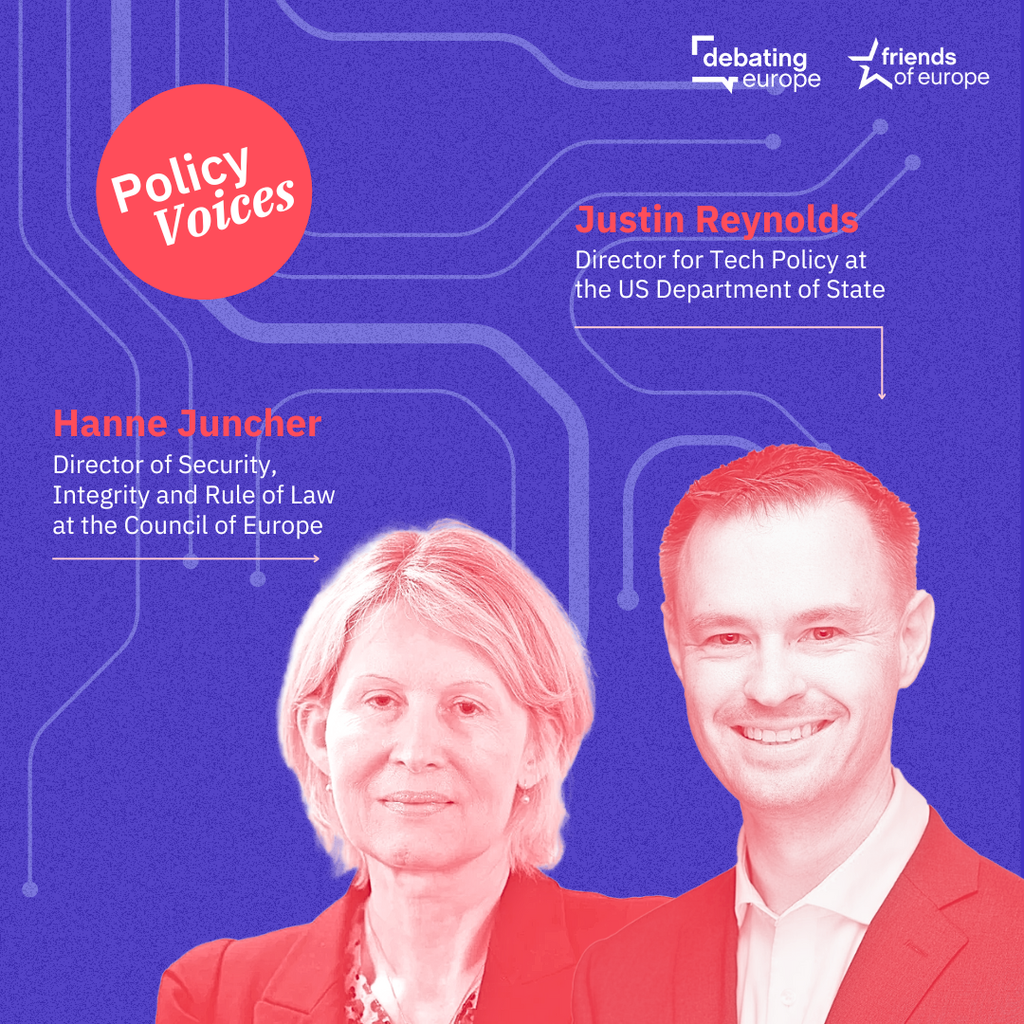
Summary
In Europe, we have a long-term vision to use knowledge and innovation to drive ourselves forward. The digital revolution is not about creating virtual realities, it is about diverse companies reaching out to real global customers using digital skills
“In Europe, we have a long-term vision to use knowledge and innovation to drive ourselves forward. The digital revolution is not about creating virtual realities, it is about diverse companies reaching out to real global customers using digital skills,” said moderator Tamsin Rose, Non-Resident Fellow at Friends of Europe, at the Digital Skills conference hosted in Brussels on 24 February 2016.
The expert panel discussed how the EU can move towards digital skills acquisition and completion of the digital single market, with a focus on how to support SMEs vying to take their place in European and global markets.
“The digital revolution in Europe is not about tech companies,” said Matt Brittin, President for EMEA Business and Operations at Google. “It is about small businesses and entrepreneurs. They are the ones creating growth and job opportunities daily here in Europe.”
While institutional support for digital skills and a more cohesive single market in the EU are much needed, it is important that small businesses in Europe maintain flexibility to customer needs and market realities – their strength in comparison to multinationals.
“SMEs should have flexible models,” said Tano Lopez, Founder and Chief Executive Officer of the Spain-based Fleed International Student Network, “and this needs to be mirrored in our institutional frameworks as well. We need new rules to adapt to a new reality.”
About
Europe is still struggling to keep up with the global digital revolution and complete the yet-unfinished Digital Single Market. Moreover, the EU predicts that the lack of digital skills could lead to a shortfall of 900,000 jobs by 2020. This means that there are businesses still unable to reach their full potential because they cannot find employees with the skills they need. Clearly, if Europe is to be successful in the new digital era, it must tear down remaining obstacles to digitalisation and insist on digital training to help businesses and individuals be successful online by using the full potential of the internet.
What progress has been made in fostering digital skills in Europe? What challenges remain for business in Europe? And how is the issue of digital skills embedded in the wider context of digitalisation?
The event will also discuss Google’s pledge announced last February in Brussels to support 1 million Europeans gain critical digital skills by the end of 2016 through an investment of over €25M and in cooperation with many partners from the business, academic, and public sectors.
Schedule
Moderator
Tamsin Rose
Facilitator
Speakers
Matt Brittin
President for EMEA Business and Operations at Google
Maxime Cerutti
Director of Social Affairs at BUSINESSEUROPE
Tomasz Husak
Head of Cabinet of Elżbieta Bieńkowska, EU Commissioner for Internal Market, Industry, Entrepreneurship and SMEs
Tano Lopez
Founder and Chief Executive Officer of Fleed International Student Network, Spain
Catherine Stihler
Member of the European Parliament. Vice Chair of the European Parliament Committee on the Internal Market and Consumer Protection
Paulina Wardęga
CMO at Coffeedesk. Former Vice President of Business Development for PIXERS, Poland
Speakers

President for EMEA Business and Operations at Google

Director of Social Affairs at BUSINESSEUROPE

Head of Cabinet of Elżbieta Bieńkowska, EU Commissioner for Internal Market, Industry, Entrepreneurship and SMEs

Founder and Chief Executive Officer of Fleed International Student Network, Spain

Member of the European Parliament. Vice Chair of the European Parliament Committee on the Internal Market and Consumer Protection

CMO at Coffeedesk. Former Vice President of Business Development for PIXERS, Poland
Partners
Coorganized with

Activities
A European agenda for space: resilience, security and sovereignty
Past event In person

- Area of Expertise
- Digital & Data Governance
Prepare, Provide, Pioneer: digitalisation as a motor for Europe’s success…
Next event In person & livestreamed

- Area of Expertise
- Digital & Data Governance
From orbit to impact: charting Europe’s course in a changing global…
Past event Online

- Area of Expertise
- Digital & Data Governance
Embracing digital government for Europe’s citizens: how do we maximise…
Past event In person

- Area of Expertise
- Digital & Data Governance
The digital battlefield: EU-China cybersecurity diplomacy in the 21st…
- Category
- #CriticalThinking
- Author
- By Dr Cristina Vanberghen
The digital battlefield: EU-China cybersecurity diplomacy in the 21st…
- Category
- #CriticalThinking
- Author
- By Dr Cristina Vanberghen
Time for ESA to chart its own course and reduce NASA dependency
- Category
- #CriticalThinking
- Author
- By Susmita Mohanty
Introducing a new method to assess the productivity of human-AI…
- Category
- #CriticalThinking
- Author
- By Smita Samanta & Emmanuel Benhamou

- Area of Expertise
- Digital & Data Governance

- Area of Expertise
- Digital & Data Governance

- Area of Expertise
- Democracy

- Area of Expertise
- Digital & Data Governance
Continue
the debate on
- Debating Europe

